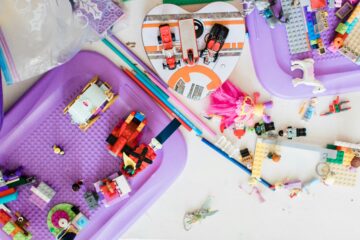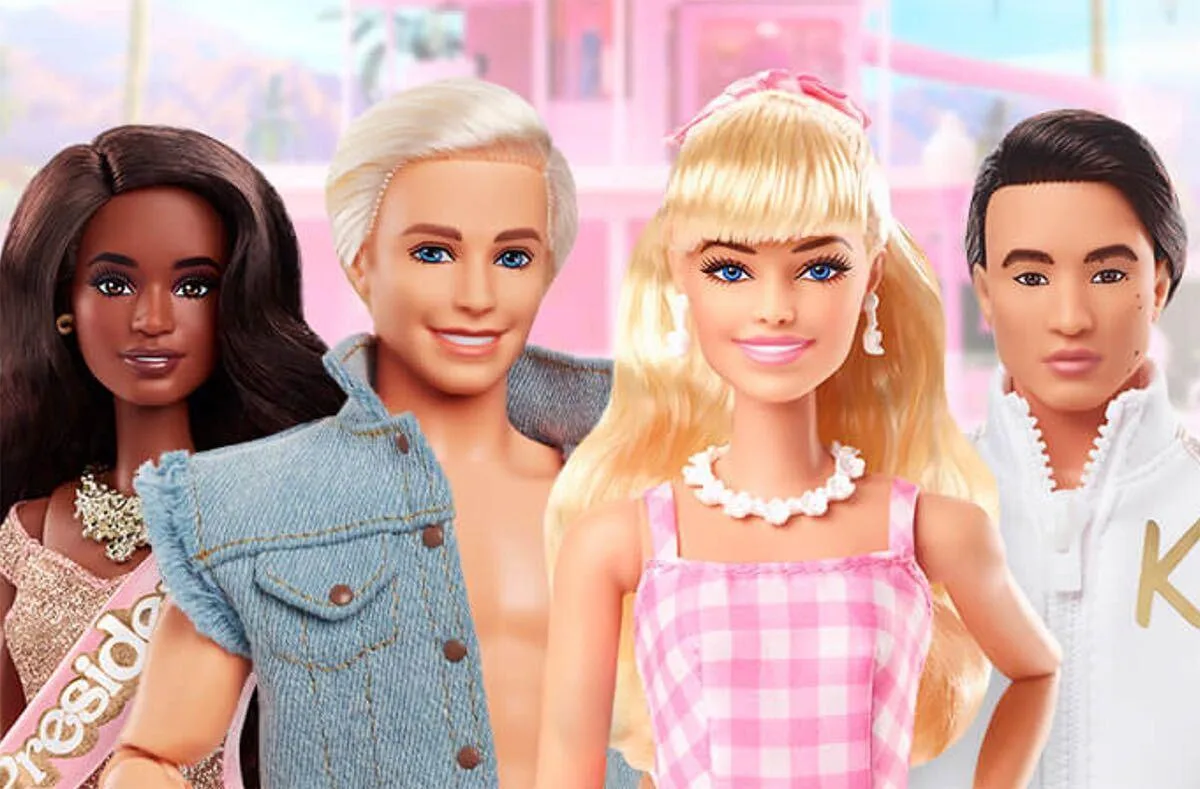As the toy industry continues to evolve, driven by the changing preferences of parents and advancements in technology, it is crucial to explore how these trends impact neurodiverse children. With a growing emphasis on sustainability, educational value, and inclusivity, today’s toys offer more than just entertainment—they provide tools for development and avenues for meaningful play. This report delves into the upcoming trends in the toy market that cater specifically to neurodiverse children, highlighting their positive impacts and how parents can navigate these choices to support their child’s growth and well-being. From classic toys to advanced tech innovations and the rise of subscription services, each trend presents unique opportunities to foster creativity, social interaction, and cognitive development in neurodiverse children. By understanding and embracing these trends, parents can enrich their children’s play experiences and promote positive outcomes in various aspects of their development.
Market Overview
The toy industry is evolving, driven by the preferences of modern parents, especially those under 40. A notable 45% of these parents prioritize a toy’s environmental impact, favouring eco-friendly materials, extended play value, and superior craftsmanship. The concept of Vitamin P(lay) emphasizes toys that promote social-emotional learning and active play, encouraging children to move and interact socially. With the upcoming Olympics, sports toys are anticipated to surge in popularity, offering an excellent opportunity for parents to engage their children in physical activities. This trend is particularly beneficial for neurodiverse children, who often thrive with toys that encourage both physical activity and social interaction.
Top Toy Trends
Movie and TV Franchise Tie-Ins
Movie and TV franchise tie-ins continue to dominate the toy market. These toys offer familiarity and comfort to neurodiverse children, providing a sense of security and predictability. Recognizing characters and storylines from their favourite shows and movies can be comforting for children with autism or ADHD. These toys can also facilitate social interaction, as children bond over shared interests. Examples include “Paw Patrol” action figures and “Frozen” dolls.
Increased Demand for Classic Toys
Classic toys are making a comeback due to their simplicity and timeless appeal. Neurodiverse children who may find complex and noisy toys overwhelming can benefit from the straightforward designs of classic toys. Building blocks, puzzles, and dolls offer open-ended play opportunities that stimulate creativity and cognitive skills without overstimulation. Examples include Lego sets, wooden building blocks, and Melissa & Doug puzzles.
Environmental Concerns Take Hold
Sustainability is a growing concern among parents, reflected in the toy industry’s shift towards eco-friendly products. Toys made from sustainable materials promote environmental awareness and provide safer play environments for neurodiverse children with sensory sensitivities. Brands like Green Toys produce products made from recycled materials, such as the Green Toys Dump Truck, which is both eco-friendly and durable.
Rise of Toy Subscription Services
Toy subscription services are becoming increasingly popular, offering convenience and variety. These services are beneficial for parents of neurodiverse children, who may need to regularly introduce new toys to keep their children engaged. Subscription boxes often include educational and therapeutic toys tailored to different developmental needs. For example, Lovevery offers stage-based play essentials designed to promote brain development in young children.
Advanced Tech Toys
Technological advancements have led to the development of sophisticated tech toys that offer interactive and educational experiences. Tech toys can be particularly beneficial for neurodiverse children, providing tailored learning experiences that help develop fine motor skills, cognitive abilities, and social skills. Examples include the Sphero BOLT, a programmable robot, and the Osmo Genius Starter Kit, an interactive learning tablet.
Educational Toys That Teach
There is a growing demand for educational toys that teach specific skills. Parents are seeking toys that offer more than entertainment; they want toys that help their children develop essential life skills. For neurodiverse children, toys that focus on social-emotional learning, problem-solving, and communication are particularly valuable. Examples include the Melissa & Doug Get Well Doctor Activity Center, which helps children learn about medical tools and procedures through role-play.
Anime-Themed Toys
Anime-themed toys are gaining popularity due to the widespread appeal of anime shows and movies. These toys can appeal to neurodiverse children who are fans of specific anime series, offering a sense of connection and engagement. Collectible figures, themed games, and merchandise provide opportunities for imaginative play and social interaction. Examples include “My Hero Academia” action figures and “Pokémon” merchandise.
Mystery Box Toys
Mystery box toys, where the contents are a surprise, are increasingly popular. These toys can be exciting and engaging for neurodiverse children, offering an element of surprise and discovery. However, it’s important to consider the individual child’s preferences, as some may find the unpredictability overwhelming. For those who enjoy surprises, these toys provide a thrilling experience. Popular examples include LOL Surprise dolls and Hatchimals.
Kidults and Toy Adjacent Toys
The rise of “kidults” – adults who collect and play with toys – has led to the development of sophisticated toys that appeal to both children and adults. This trend provides neurodiverse children access to high-quality, durable toys. Additionally, toy-adjacent products like DIY craft kits and educational games offer creative and interactive experiences. Examples include LEGO Architecture sets and adult colouring books, providing opportunities for shared play and creative expression.
Positive Impacts of Upcoming Toy Trends
The upcoming trends in the toy industry hold significant positive impacts for neurodiverse children. Eco-friendly and educational toys promote a safer and more enriching play environment, while tech toys and subscription services offer tailored learning opportunities. Classic toys and movie tie-ins provide familiar and comforting experiences, aiding in emotional and social development. As the industry continues to evolve, the focus on inclusivity, sustainability, and education will create a more supportive and engaging world of play for neurodiverse children and their families. By staying informed about these trends, parents can make informed decisions that benefit their children’s development and well-being.



0 Comments